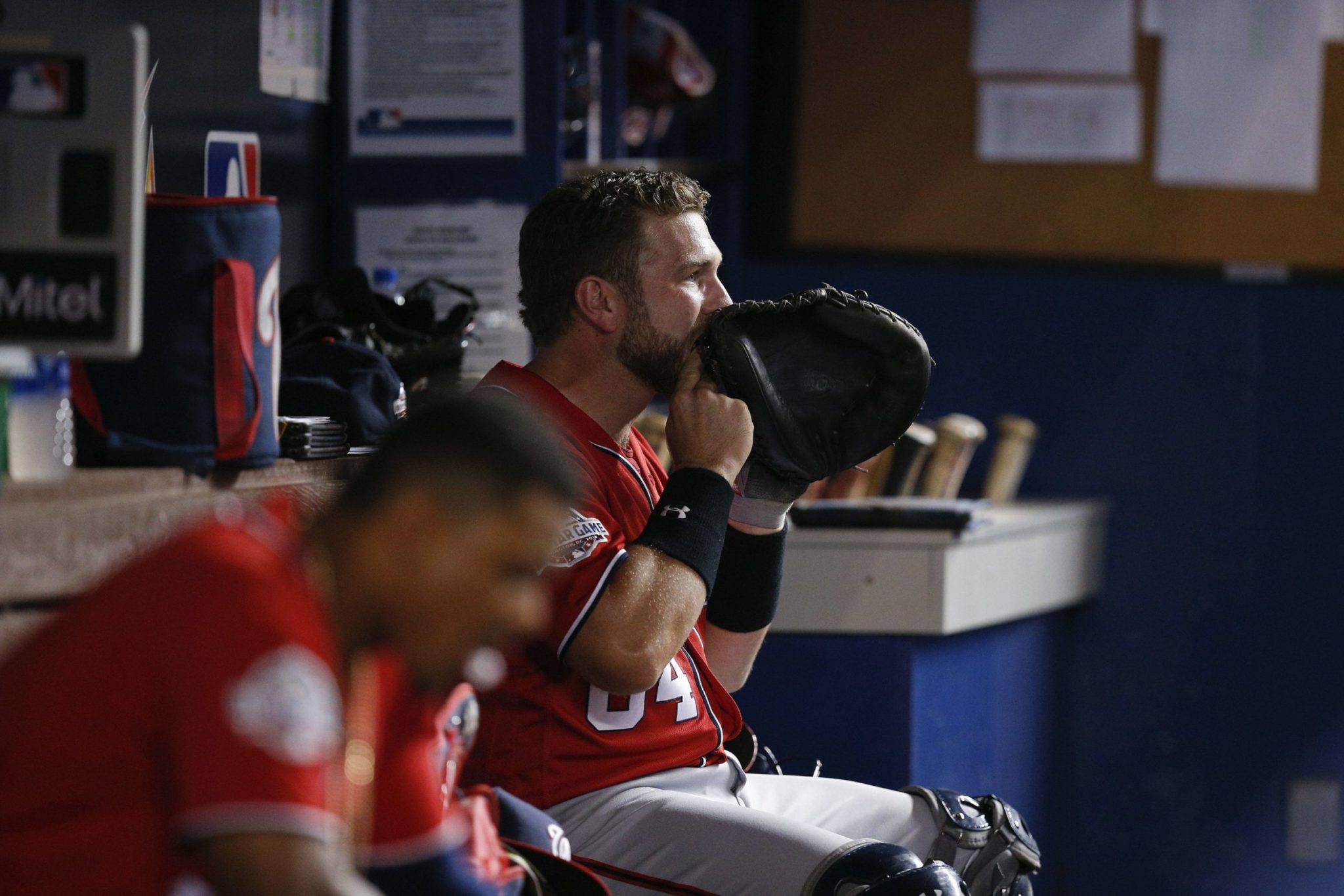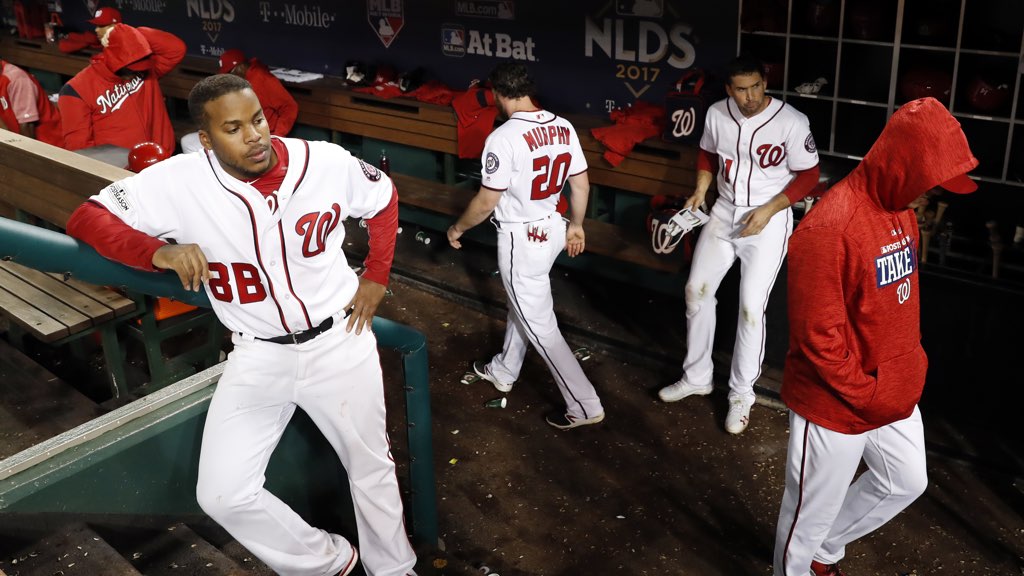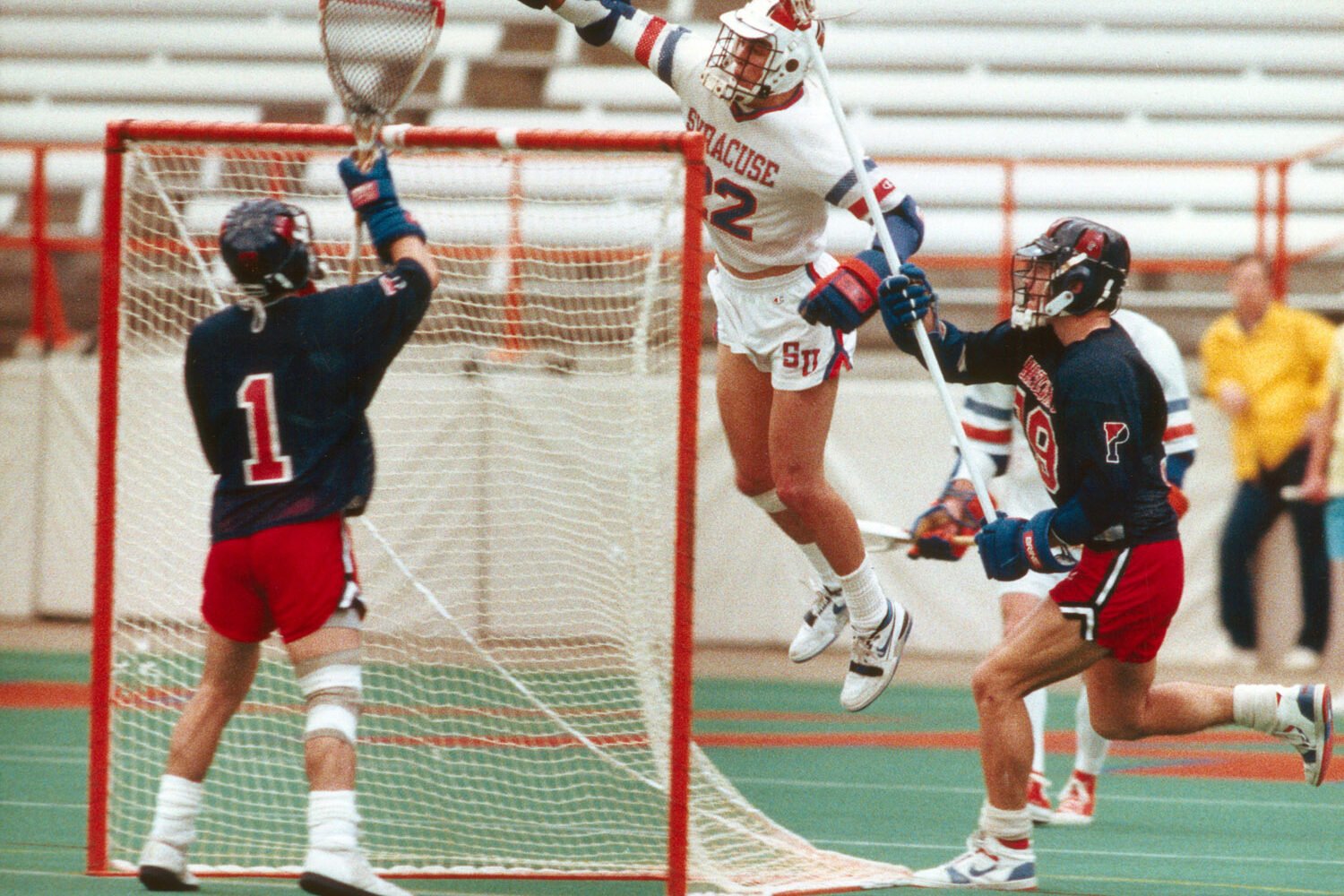Following yesterday’s 5-0 loss to the Miami Marlins, our beloved Washington Nationals have fallen below .500, with critics calling on them to make radical changes to their roster to salvage a shot at the playoffs. But as close followers of the team know, even as they’ve taken home four NL East titles over the previous six seasons, the Nationals have long been below average in many ways. Here’s Washingtonian’s below-average guide to the Washington Nationals.
Lying about injuries: The recent kerfuffle as to whether or not Ryan Zimmerman’s calf has been injured—Zimmerman says no, sources told the Washington Post yes—is only the latest example of the club’s curious habit of lying about player injuries. “The most important question here is not whether Zimmerman’s calf or side or even his left ear is keeping him out,” Post beat writer Chelsea Janes wrote in July. “The most important question is why, if an oblique injury was complicated by calf trouble, or if his right nostril was really the cause of the trouble all along, would anyone feel a need to lie about it?” Good question. Still no answer.
Calling fans spoiled: After the Washington Capitals beat the Pittsburgh Penguins in May to break the two-decade-long drought of Washington sports teams advancing to the conference finals in one of the four major sports, a healthy-calfed Ryan Zimmerman told local sports fans not to complain about their years of misery. “The D.C. sports city thing is the biggest crock of crap in the entire world,” Zimmerman told Adam Kilgore. “If [people] don’t like every one of their teams going to the playoffs every year, then they should go to a different city where no teams make playoffs. Where none of their teams are competitive every year. It’s the biggest crock. Of course everybody wants their teams to win championships. Move to New England.” Good advice Ryan. But we’re staying put—you could injure a calf on those icy Massachusetts sidewalks!
Beer prices: This season, the Nationals upped their beverage prices to as high as $16 for a 25 oz. craft beer
Late Night Metro Service: According to Forbes, Washington Nationals owner and local real estate tycoon Ted Lerner and his family are worth $5.2 billion. Yet the Nationals regularly refuse to cover the additional costs of keeping Metro service running beyond its regular hours for late-night games. For game 5 of the Nationals playoff series against the Cubs last October—a heartbreaking loss that you shouldn’t complain about—the energy company Exelon forked over $100,000 to Metro to keep trains running late because the Nationals wouldn’t fund late-night service.
GoFund Me: Metro service apparently isn’t the only thing the Nationals won’t pay for. According to Deadspin, after Washington Nationals’ assistant GM Doug Harris was diagnosed with leukemia in 2015, his wife began soliciting donations online to help cover $400,000 in treatment costs. As of July 23, the crowdfunding effort has brought in $50,000. “Though that isn’t close to enough, it’s an inspiring example of how people can come together and help someone they don’t necessarily know personally,” wrote Samer Kalaf. “But you know who pay for the entire treatment without it affecting their overall wealth? The Lerner family.”
Awful internet and cell phone service: Anyone who’s tried to check their phone at Nationals Park knows the struggle.



![Luke 008[2]-1 - Washingtonian](https://www.washingtonian.com/wp-content/uploads/2017/10/Luke-0082-1-e1509126354184.jpg)
















